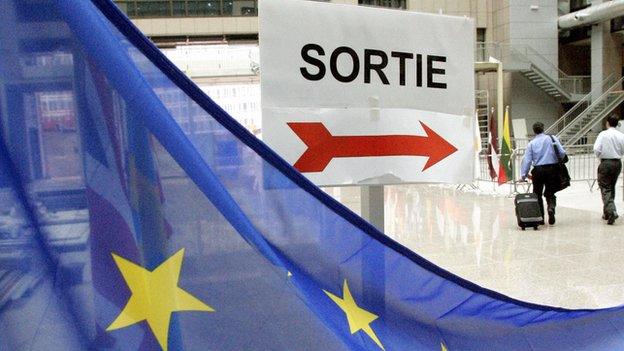EU referendum timeline: Countdown to the vote
- Published
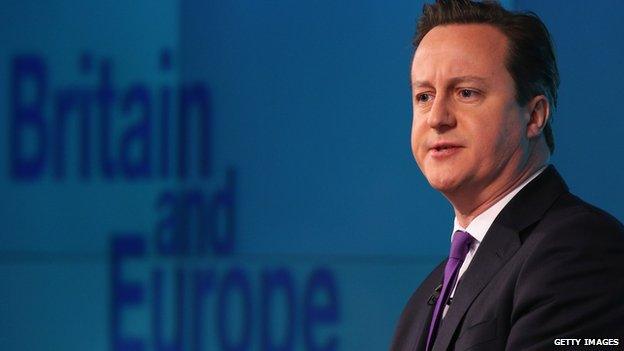
David Cameron has announced a referendum on whether Britain should remain in the EU - seen as the biggest political decision in decades. Here are the key events leading up to and beyond - the date.
1970s-2013
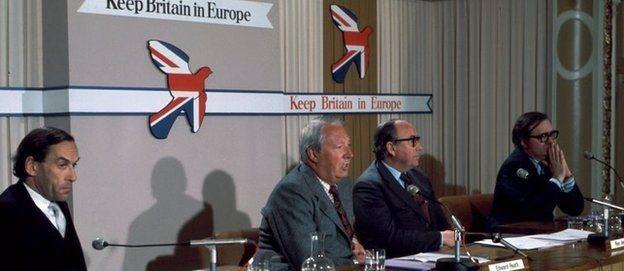
There have been calls for a referendum on whether or not the UK should be in the EU almost since the original referendum back in 1975. click here for the history of calls for another EU vote
2013 - January 22
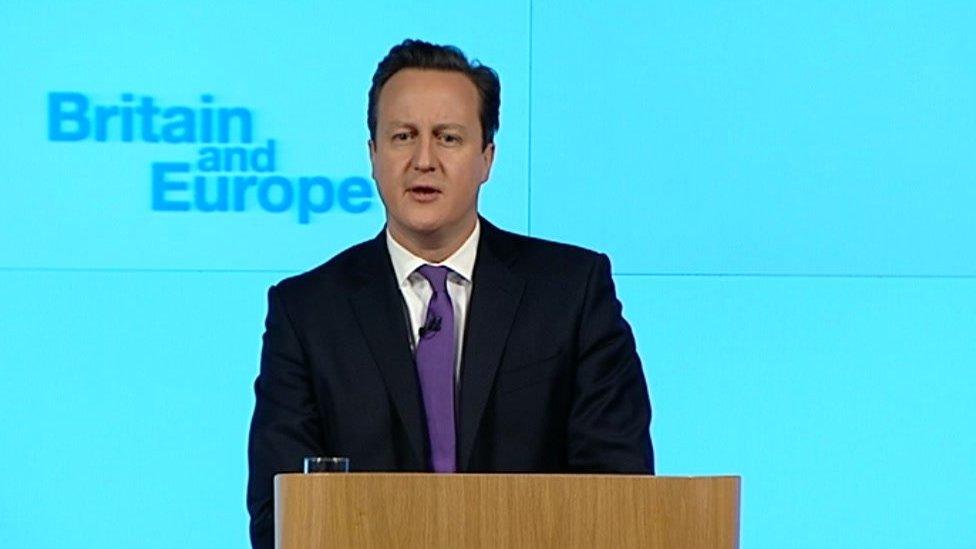
In a long awaited speech Prime Minister David Cameron says that if the Conservatives win the next election they would seek to renegotiate the UK's relationship with the EU and then give the British people the "simple choice" by the end of 2017 between staying in the EU under those terms or leaving the EU. His speech comes against a background of polls suggesting UK Independence Party support at 10%. Read full story on the speech.
2015
May 27- New law
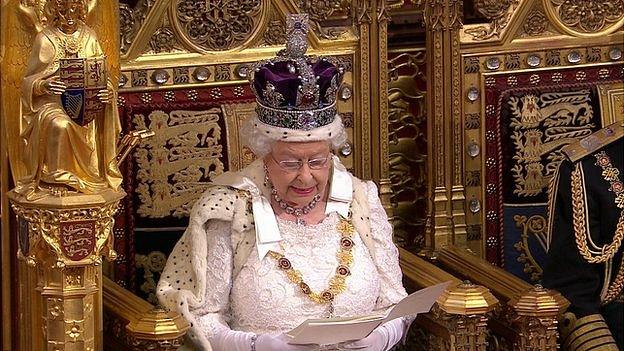
The European Union Referendum Bill, external was unveiled in the Queen's Speech. This is the UK legislation required to allow the referendum to take place. It has now cleared Parliament and become law, after the government twice saw off attempts in the House of Lords to lower the proposed voting age in the in-out poll to 16. At the same time as the bill made its parliamentary journey, Mr Cameron was seeking approval from other EU leaders for the reforms he wants to achieve before the referendum can take place.
June 25-26 - European Council meeting
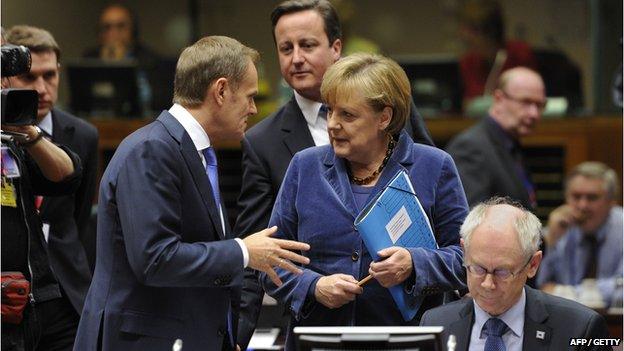
The first EU summit after David Cameron won an unexpected majority in the UK general election. The summit ended up being dominated by the migrant crisis and Greek debt crisis. But Mr Cameron used the meeting - made up of all the EU's heads of state - to formally set out his aims. Speaking after it, he said he was delighted the process of "reform and renegotiation" of the UK's membership of the EU was "properly under way".
September 1 - Brussels task force
A new group charged with handling issues relating to the EU referendum began its work. Headed by British official Jonathan Faull, it reports to European Commission President Jean-Claude Juncker.
December 17-18 - EU summit in Brussels
Some thought this would be the summit that Mr Cameron sealed the deal with his EU counterparts, but that turned out to be a bit premature. Instead EU leaders had their first "frank" discussions about the UK requests including Mr Cameron's attempts to convince sceptical EU leaders to accept his plans to limit benefits for migrants - one of the key sticking points in the renegotiations. European Council President Donald Tusk said the discussions should "pave the way" for a deal by February.

2016
January 5 - Ministers free to campaign on either side
David Cameron says Conservative ministers will be able to campaign to leave the EU while remaining in the government. However, he says this suspension of the normal rules of collective ministerial responsibility will only apply once agreement on a deal with the rest of the EU is reached.
February 2 - Draft renegotiation package published
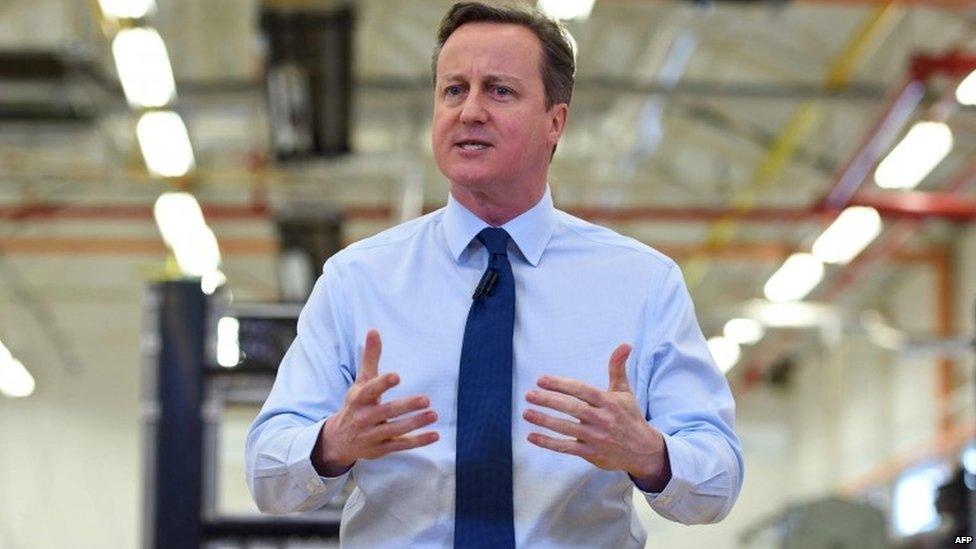
A landmark moment as the European Council publishes a draft blueprint for the proposed changes to the UK's membership of the EU. The document includes a so-called emergency brake on the payment of in-work benefits and powers for the UK Parliament to join with other countries to block EU regulations. David Cameron says the detail needs to be ironed out but the settlement is the best he could have achieved from a "standing start" and is worth "fighting for". Home Secretary Theresa May says the package offers the "basis for a deal" but many Tory colleagues disagree, saying the PM failed to get nearly all the objectives he originally set out in his 2013 Bloomberg speech.
February 3 - David Cameron set out plans to Parliament
Defending the package in the House of Commons, the prime minister insists it will see powers returned to the UK Parliament in a string of areas and will leave Britain "better and stronger". But the Mayor of London Boris Johnson, who Out campaigners are looking to join their side, says that the PM is making "the best of a bad job" and more guarantees are needed over enhanced sovereignty.
February 18-19 - Cameron gets a deal at EU summit
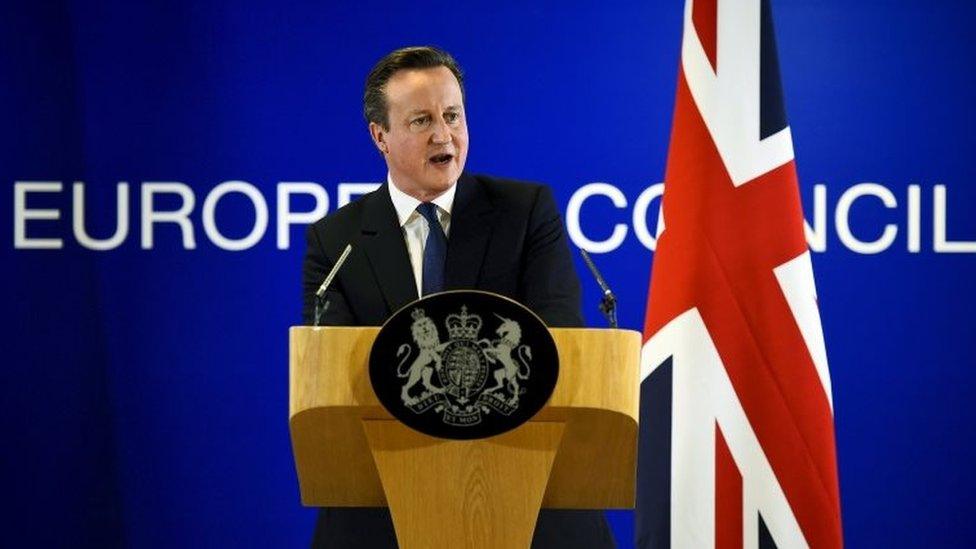
After round-the-clock negotiations in Brussels, David Cameron gets the 27 other EU member states to sign up to a package of reforms. He does not get everything he wanted - he has to water down some of the welfare curbs at the insistence of Eastern European members - but he does get an exemption from "ever closer union" and the four year ban on in-work benefits for new arrivals. He claims the deal tackles the British public's "frustrations" with the EU and ensures the country will never be part of an EU "superstate" - but critics say it does nothing to tackle high levels of immigration and take powers back from Brussels.
February 20 - Referendum date is announced
David Cameron says the UK's in/out referendum will be held on 23 June this year - as widely predicted. If he had not got a deal on 18-19 February he would have had to to return to Brussels at the end of February for a special summit or wait until the next scheduled gathering at the start of March.
His cabinet colleagues start to come out in favour or against Britain's membership as the rival campaigns kick into top gear.
Monday, February 22 - Commons debate
David Cameron makes a statement to Parliament, allowing MPs to debate the deal he has reached in Brussels and the choice facing the British people in the referendum.
March/April - Referendum preparations
Secondary legislation is due to be laid before Parliament paving the way for a referendum. The Electoral Commission will designate the official Leave and Remain campaigns, which will get access to public funds, a £7m spending limit and TV broadcasts.
5 May - Elections in Scotland, Wales, London and English local authorities
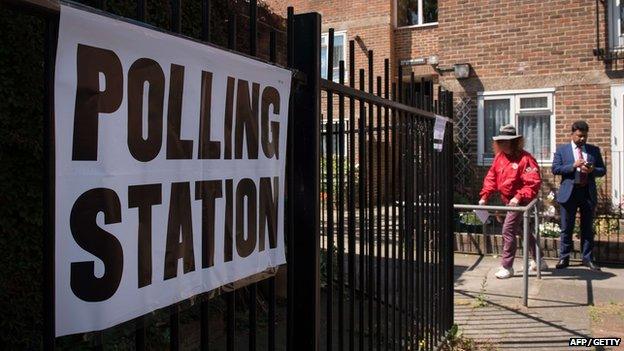
The government ruled out holding the EU referendum on on 5 May, the same day as elections to devolved parliaments in Scotland, Wales and Northern Ireland and for London's mayor.
But the SNP has argued that holding the EU vote at the end of June will still conflict with Scottish election campaign. Voters in many English local authorities will also go to the polls, making 5 May the biggest set of elections - outside of a general election - for some years.
23 June - EU referendum polling day
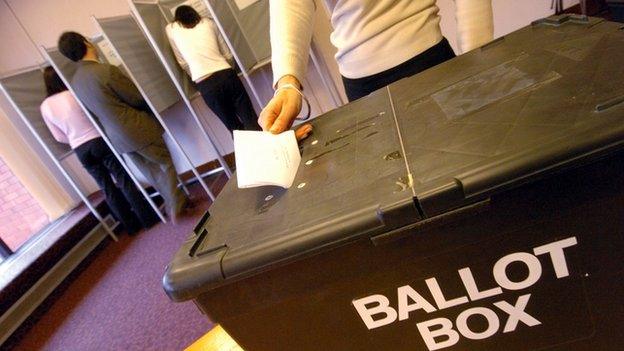
Britain goes to the polls to answer the question: "Should the United Kingdom remain a member of the European Union or leave the European Union?"

2017 and beyond
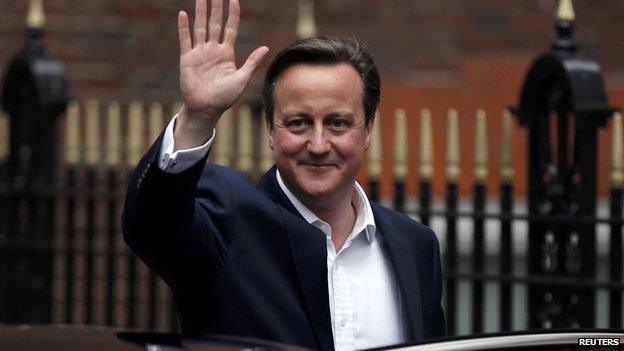
In the event of a Leave vote, a country can withdraw from the EU two years after notifying the European Council, external of its intention to leave. However, leaving would still involve "complex and probably lengthy negotiations", a Parliamentary briefing paper, external concluded. Talks would be held on the future of the UK's relationship with the EU, including whether it could still have access to the single market. Resolving all this could take some time. David Cameron has promised to step down as Conservative leader before the next general election in 2020, meaning that - whatever the outcome of the referendum - this period is likely to be dominated by the race to succeed him.
French and German elections
French presidential elections take place in May 2017. The UK government had been keen to get its EU negotiations wrapped up by this time for fear of Mr Cameron's demands being trumped by French domestic politics, with candidates seeking to win favour at home with a tough stance against the UK. German parliamentary elections take place in September 2017. This was also close to the final date Mr Cameron could have held a referendum - having promised one by the end of 2017
- Published30 December 2020

- Published17 February 2016
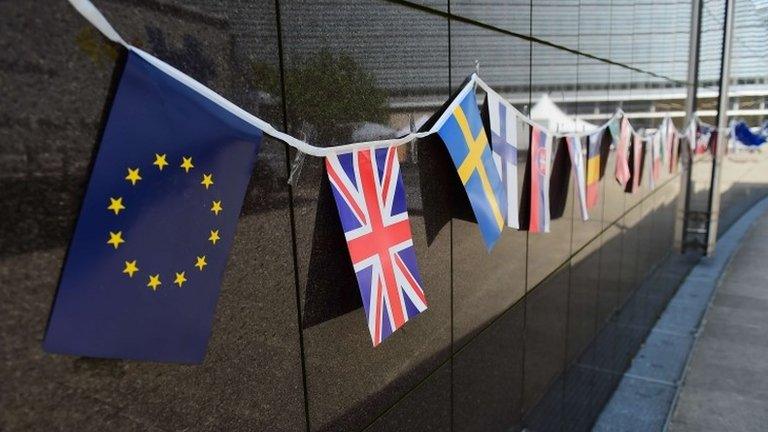
- Published26 May 2016
